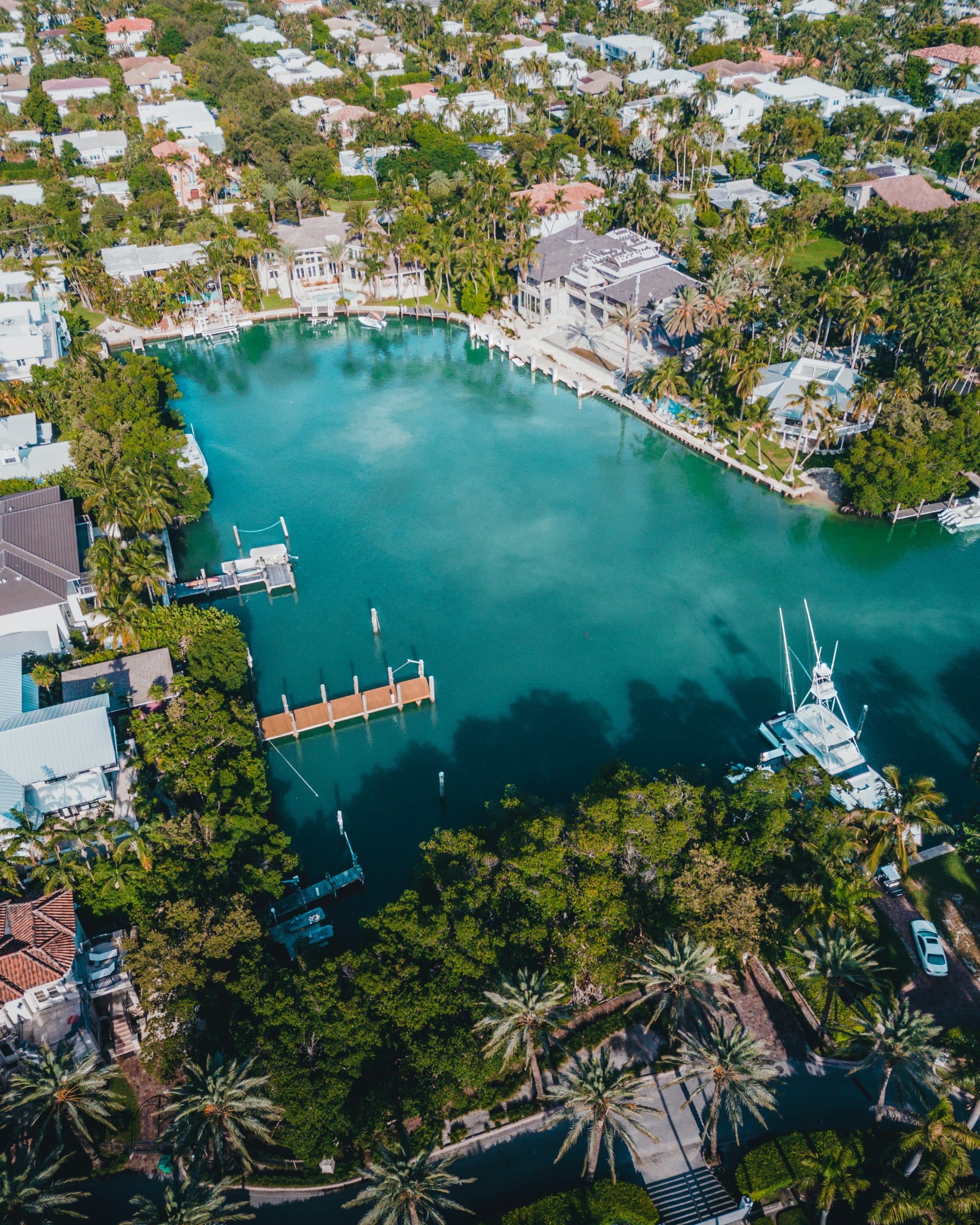Coral Springs Probate Lawyer
The probate process in Florida is court-supervised. During this process, a deceased person’s assets are identified and beneficiaries are determined. The probate process is designed to ensure that potential creditors have an opportunity to pursue claims against the estate, as well as provide a forum for identifying the correct beneficiaries to receive the decedent’s property.

Coral Spring Probate Process
In Florida, when someone passes away leaving a valid Last Will & Testament, anyone with possession of the Will must file the original document with the correct probate court also known as circuit court. The original Last Will & Testament and any probate pleadings will be filed in the county of last residence for the decedent. For example, if the decedent passed away as a resident of Coral Springs, then Broward County would be the correct jurisdiction for a domiciliary probate proceeding for assets in Broward County. If Last Will & Testament for the decedent do not exist, then any probate assets will be distributed according to the Florida intestacy statute, which provides a default distribution scheme for assets based on familial relationships.
In Coral Springs, the probate process is handled by the 17th Judicial Circuit Court of Florida. Depending on the petitioner’s address, the county will determine which courthouse the case is assigned to. There are six Courthouse locations located throughout Broward County, Florida:
- Broward County Courthouse – West Building – 201 SE 6th Street Fort Lauderdale, FL 33301
- Broward County Courthouse – East Building – 540 SE 3rd Ave Fort Lauderdale, FL 33301
- Broward County Courthouse – Midrise Building – 1600 W Hillsboro Blvd Deerfield Beach, FL 33442
- North Regional Courthouse – 1600 W Hillsboro Blvd, Deerfield Beach, FL 33442
- South Regional Courthouse – 3801 Hollywood Blvd, Hollywood, FL 33021
- West Regional Courthouse – 100 N Pine Island Rd, Plantation, FL 33324
Coral Springs Probate Assets
To determine whether probate is necessary is assessing if there are any probate assets as opposed to non-probate assets. Probate assets are those titled in the sole name of the decedent and do not have a beneficiary designation or POD feature. In Florida, all probate assets are frozen and can only be transferred through the probate process. Some of the non-probate assets include:
- Real estate titled in the sole name of the decedent
- Jointly held property
- IRAs
- Life insurance proceeds payable to a beneficiary
- More
Step 1)
To Identify probate assets, confirm how the decedent’s real estate is titled by visiting the Broward County Property Appraiser. If the property appraiser report and most recent deed confirm that the real estate, aka real property, is in the sole name of the decedent, then probate will be required in order to eventually sell or transfer the property.
Most of the time the goal is to sell the piece of real estate during the probate process and to have to proceeds divided among the identified beneficiaries. It is advisable to wait until an estate is open and a personal representative is appointed before executing any type of sales contract.
Step 2)
To Identify probate and non-probate assets, check the mail of the decedent. Financial institutions and insurance companies may periodically send correspondence regarding accounts. The personal representative of the estate, or the immediate family members of the decedent, should have the decedent’s mail forwarded to a convenient location by requesting a change of address or mail forwarding with the United States Postal Service. The request can be made on the USPS website, or in person at a branch location.
Restricted Depositories
When real property is to be sold in probate or guardianship, only some Florida counties require that the sale proceeds be held in an attorney’s trust account or a restricted depository account. Judges assigned to the 17th Judicial Court (Fort Lauderdale, Broward County) uphold this requirement. A Petition for an Order to Sell Real Estate must be submitted to the court to authorize the sale. If the transaction involves a “homestead” property and the claims period is not expired, the order states the sales can proceed. Executors must file a bond or place assets in a restricted depository or trust account unless waived or otherwise ordered.
Consult with an experienced Coral Springs probate attorney for the best techniques for expediting the sale of real property during probate and navigating complex court requirements.
Ancillary Probate for Non-Residents
Ancillary probate refers to a secondary probate proceeding that takes place in any state other than the domiciliary state. Ancillary probate is necessary to transfer or sell real estate, located in any state other than the decedent’s domiciliary state.
After someone passes away, the first step in the probate process is to establish the domiciliary estate in the decedent’s state of residence. Once a personal representative or executor is appointed for the domiciliary proceeding, the next step is to petition to initiate the ancillary probate in the county in which the real estate is located.
As an example, Peter lives in Texas but owns a vacation home in Coral Springs. When John passes away, his Last Will & Testament must be submitted to his local probate court in Texas to begin the domiciliary probate process. A second probate process must also be started in Broward County, Florida to transfer the home in Coral Springs to his beneficiaries, or to clear the title to a new owner via the sales process.
Generally, ancillary probate administration is required in Florida when someone who was not a Florida resident dies and:
- Owned Florida real estate
- Owned a Florida timeshare
- Owned Florida property or liability that would require the signature of an appointed personal representative in Florida for transfer, collect, or discharge
Ancillary probate in Coral Springs, Florida can complicate the already time-consuming and sometimes costly probate process, but it is the only way to pass Florida real estate to the rightful beneficiaries. Because ancillary probate has the potential to prolong the domiciliary probate proceeding, it’s crucial to work with a skilled Florida ancillary probate attorney.
An experienced ancillary probate lawyer in Coral Spring will be able to assist with every step of the probate process, and potentially serve as a personal representative to prevent delays and finalize the probate as quickly as possible.
If you need assistance with probate in Coral Springs, Florida, contact the Florida Probate Law Firm for a free 30-minute consultation at (561) 210-5500.

- Cooper City
- Coconut Creek
- Plantation
- Lauderhill
- Pembroke Pines
- Sunrise
- Lauderdale Lakes
- Lauderhill
- Dania Beach
- Miramar
- Lake Lucerne
- Fort Lauderdale
- Hollywood
- Hallandale Beach
- Wilton Manors
- Norland
- Ives Estates
- Hallandale Beach
- Playland Estates
- Riverland
- Plantation Gardens
- Fern Crest Village
- Pine Island Ridge
- Driftwood Acres
- Sunshine Park
If you need assistance with probate in Davie, Florida, contact the Florida Probate Law Firm for a free 30 minute consultation at (561) 210-5500.

